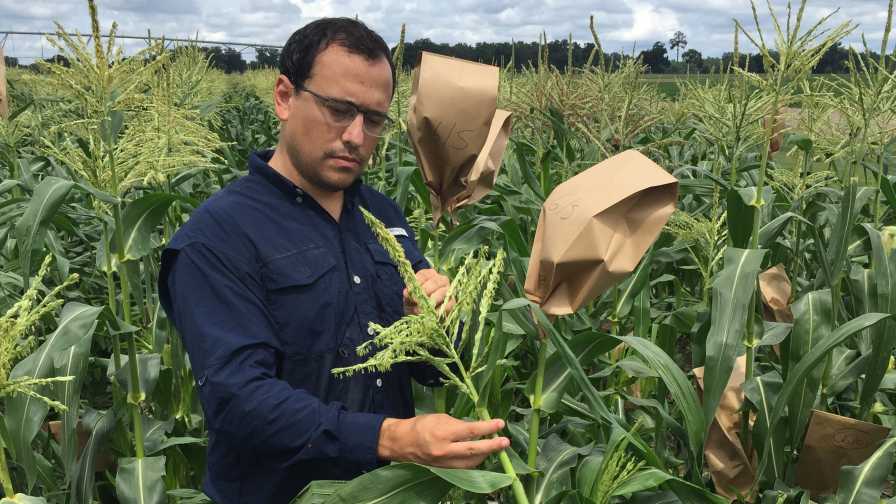Are Vegetable Researchers An Endangered Species?

Photo courtesy of UF/IFAS
I love this month’s cover story, “Are You Leaving Money in the Field?” In it, two researchers explain how to decide if it’s worth going back into the field for one more harvest. After your last vegetable harvest.
The research is practical work, focused on how growers can make more money. The study examined not only how much crop remained after harvest, but also whether aftermarket sales would support another harvest.
This type of research is something that the specialty crop industry needs a lot more of.
Lisa Johnson, Senior Research Scholar at North Carolina State University (NCSU), sat next to me during a lunch break at the Southeast Fruit & Vegetable Expo in Myrtle Beach, SC, last December. As she described what she and her co-researcher, NCSU’s Rebecca Dunning, had done, it struck me how rarely I hear of studies like hers.
There are probably a couple reasons for that. Vegetable industry research can be pricey and needs cash infusions to happen. Typically, grants and industry money support good production-method research. Or it supports insect- and disease-focused studies. But there’s a lot more to what you do than controlling pests and productions.
What about other areas vital to growers like you? Why aren’t those topics funded?
Earlier this year, growers and researchers told us which issues concerned them most (via our most recent State of the Vegetable Industry Survey). Labor, weather, food safety, crop prices, and yes, pests, topped the lists of concerns. Yet pests never came in as your No. 1 concern. Why aren’t we seeing more research into these other top-ranked challenges?
University Resources Shrink as Growers’ Needs Expand
One major reason for the dearth in these needed studies is what’s happening at universities.
In our State of the Vegetable Industry Survey, we asked researchers if their schools filled positions after someone retired or quit. Almost half said yes. Take a look at the comments in the sidebar, and you’ll see many universities who do keep staff are downgrading the positions or changing them from field-oriented work to classroom only.
This couldn’t be happening at a worse time. Our industry needs more research like Johnson and Dunning’s. The kind of studies that look at a farm’s finances and give growers tools to decide whether it’s worthwhile to take action.
On a happy note, Johnson mentioned two researchers from different parts of the country called her, wanting to learn how she set up her study. Here’s hoping her type of research takes hold.
Oh, One More Thing
We survey vegetable researchers each year. Take a look at what they had to say in our most recent inquiry.
Researchers’ Top Concerns for the Vegetable Industry
- Government Regulation 57%
- Production Costs 52%
- Labor/Mechanization 46%
- Weather/Changing Weather 44%
- Insect and disease Issues 43%
Are You Spending More Time Looking for Funding?
- Yes 52%
- No 22%
- About the Same 26%
Did Your Organization Eliminate a Staff Position When Someone Retired or Quit in the Past Three Years?
- Yes 43%
- No 49%
The remaining 8% chose to comment rather than give a direct answer. Here’s a sampling:
- One researcher’s university changed a tenure track position to an instructor position.
- Groups that make their presence known tend to get their researchers hired. It’s the squeaky wheel syndrome.
- Another researcher says the program is funded by crop sales. When sales or prices dip, so does the number of staff members it can afford.
- Fewer people are hired compared to those retiring at one university. One of its researchers is worried that they’re not hiring applied-research personnel or field-oriented personnel for those limited positions.
Source: American Vegetable Grower 2019 State of the Vegetable Industry Survey










